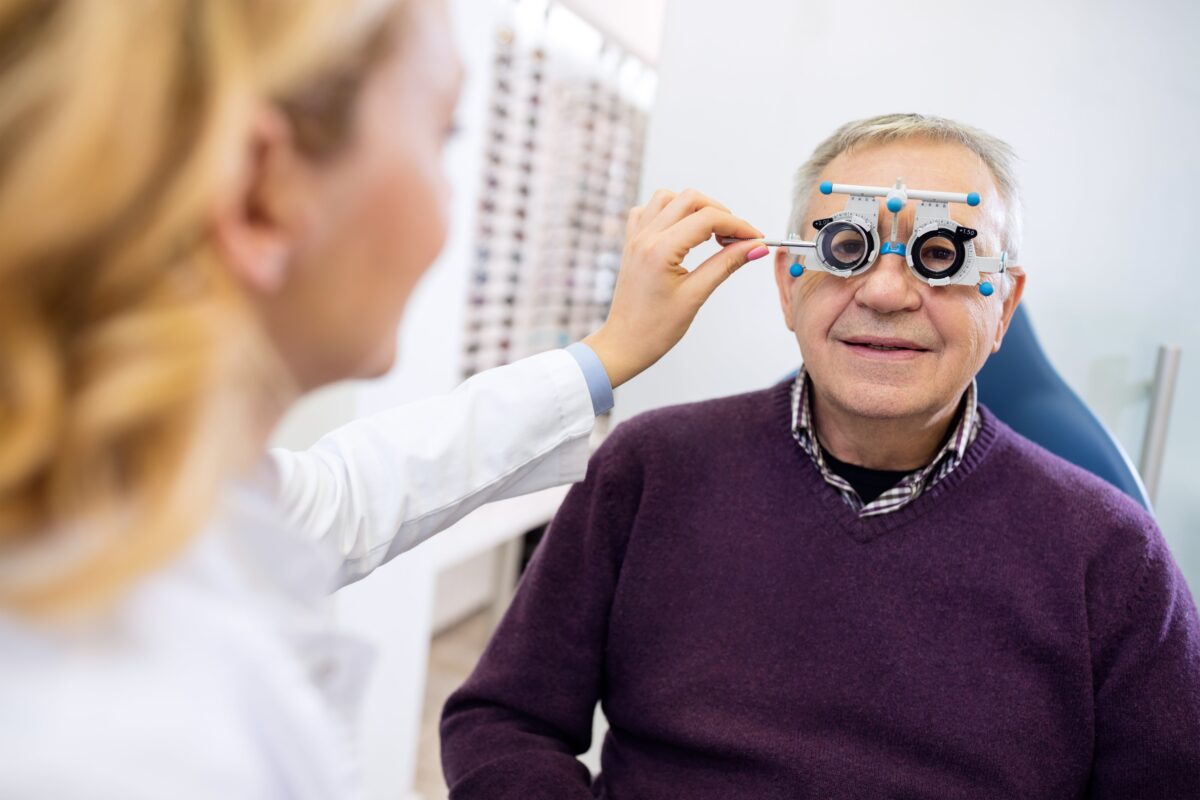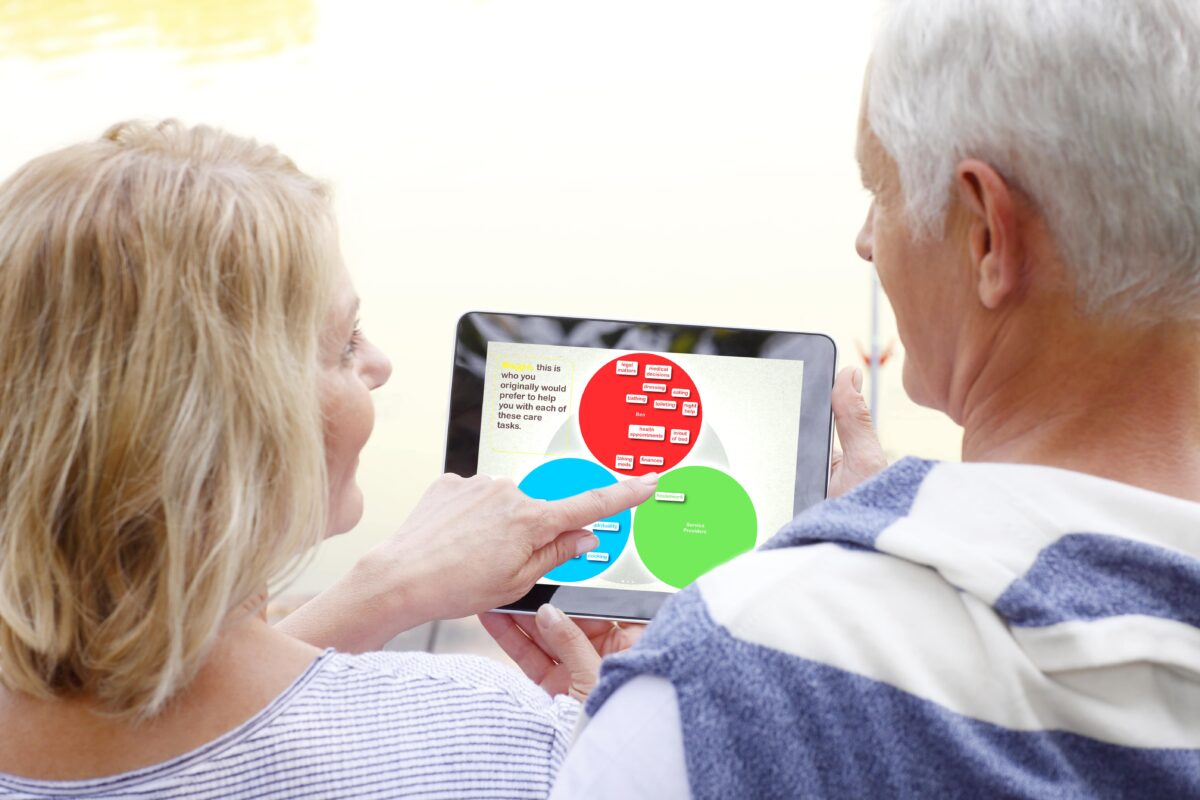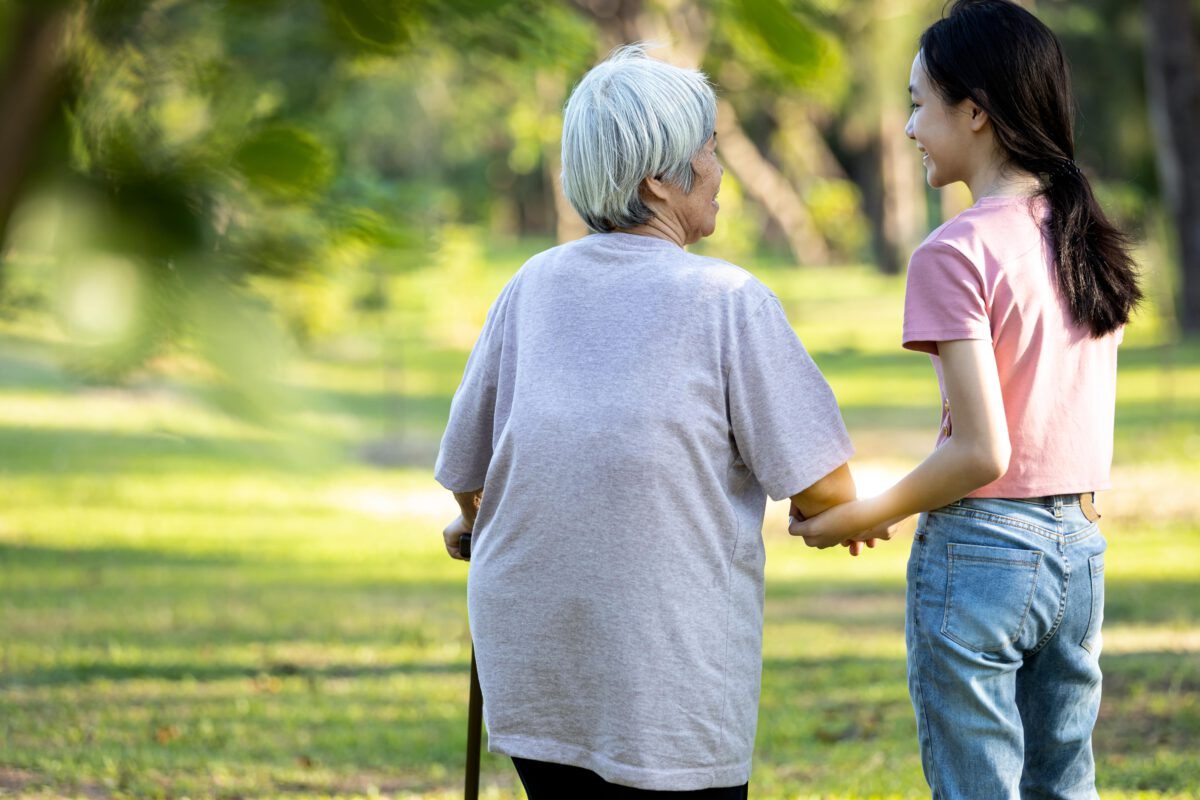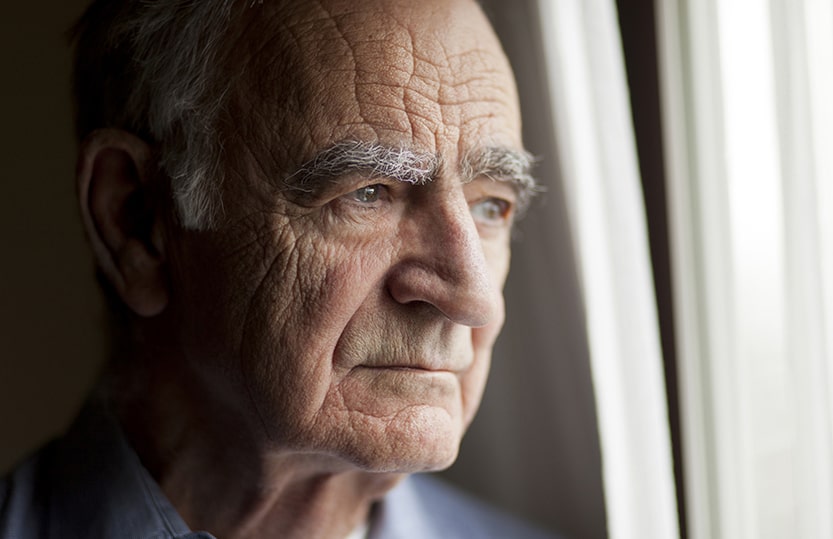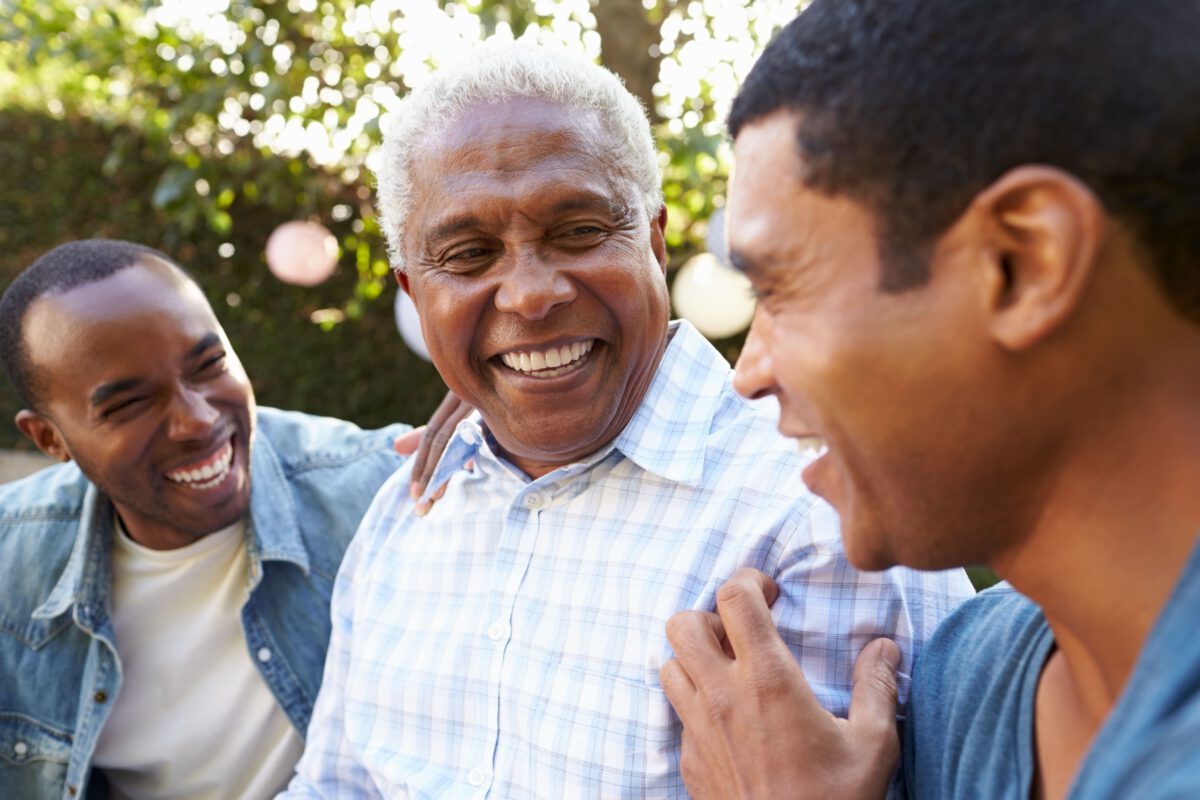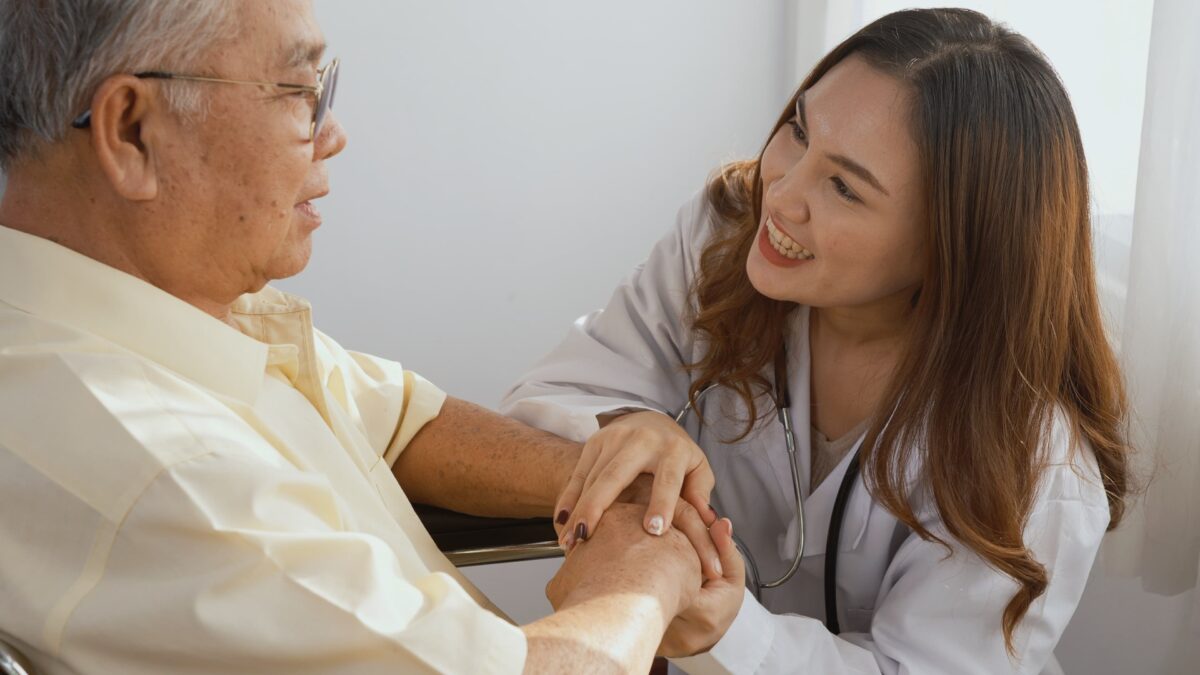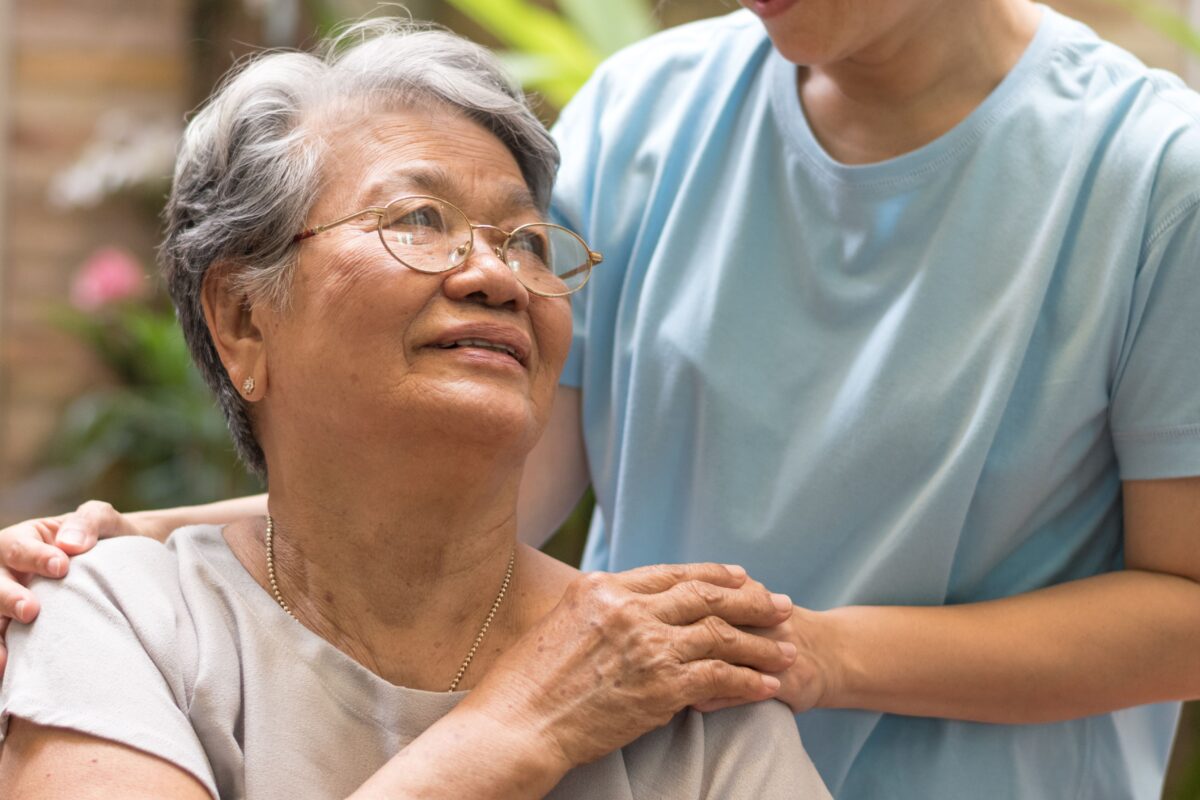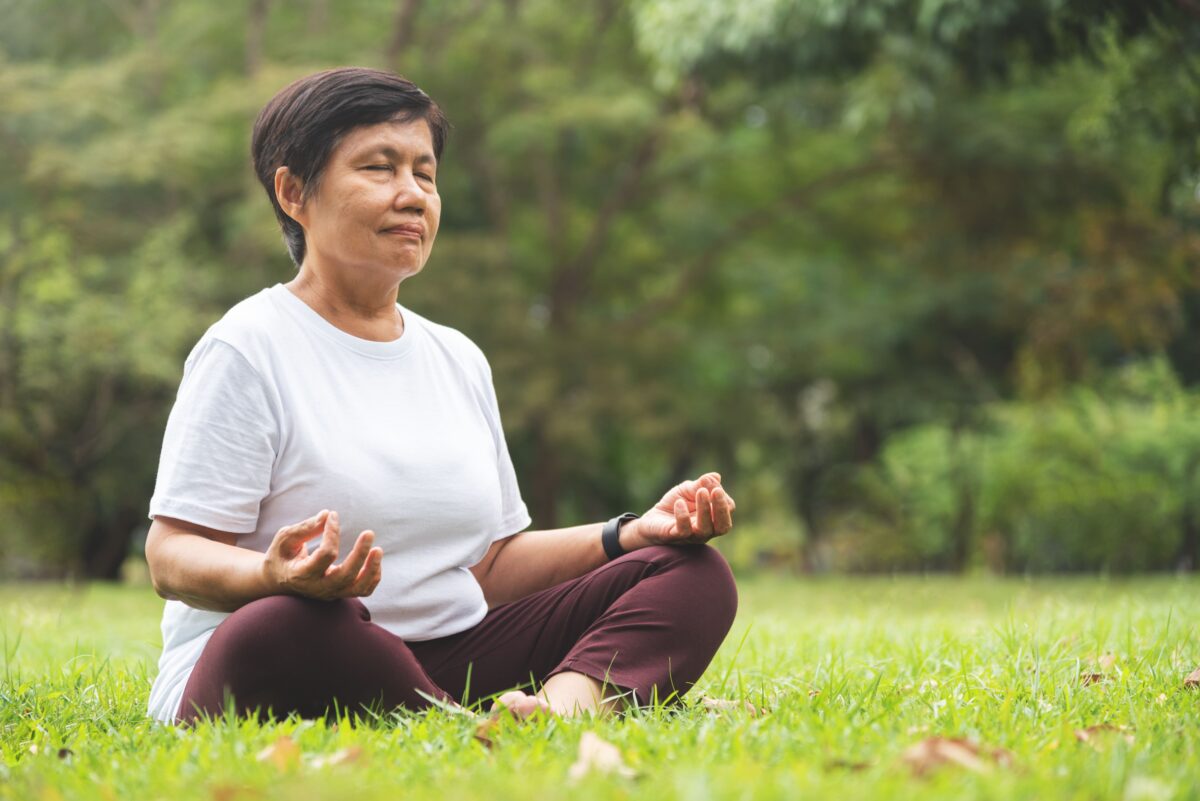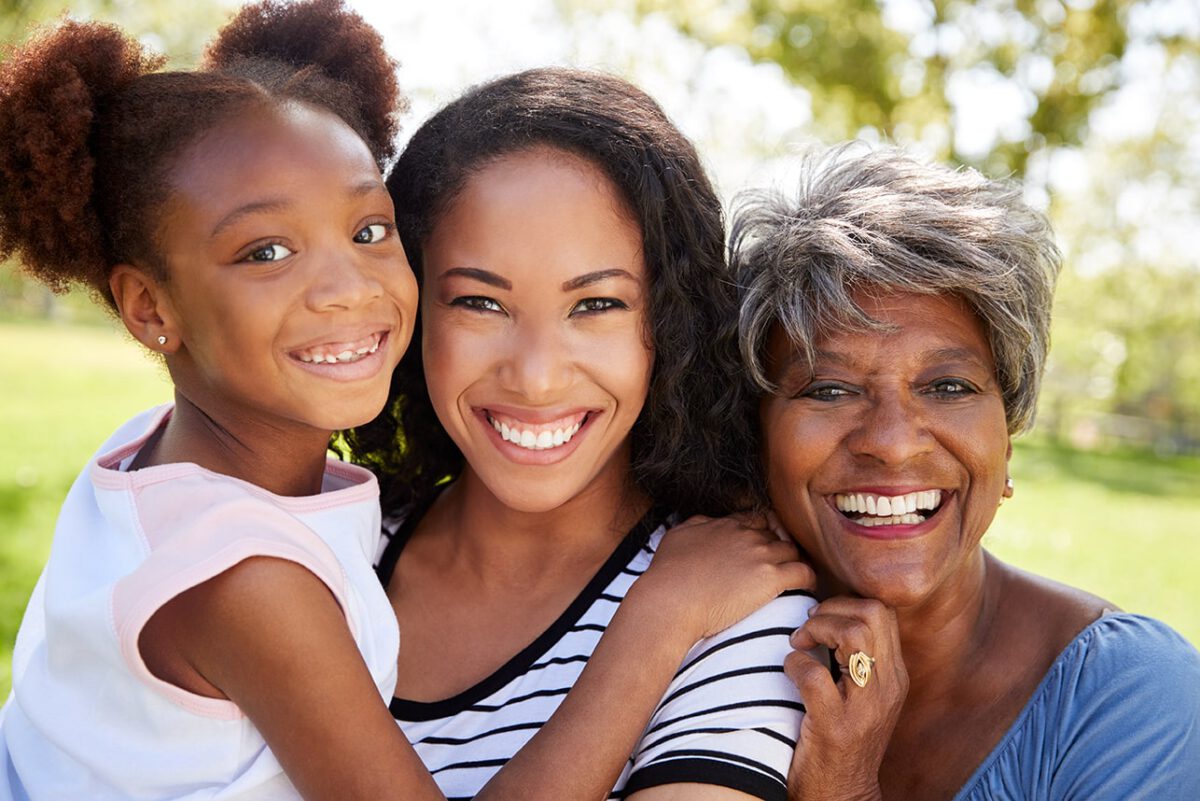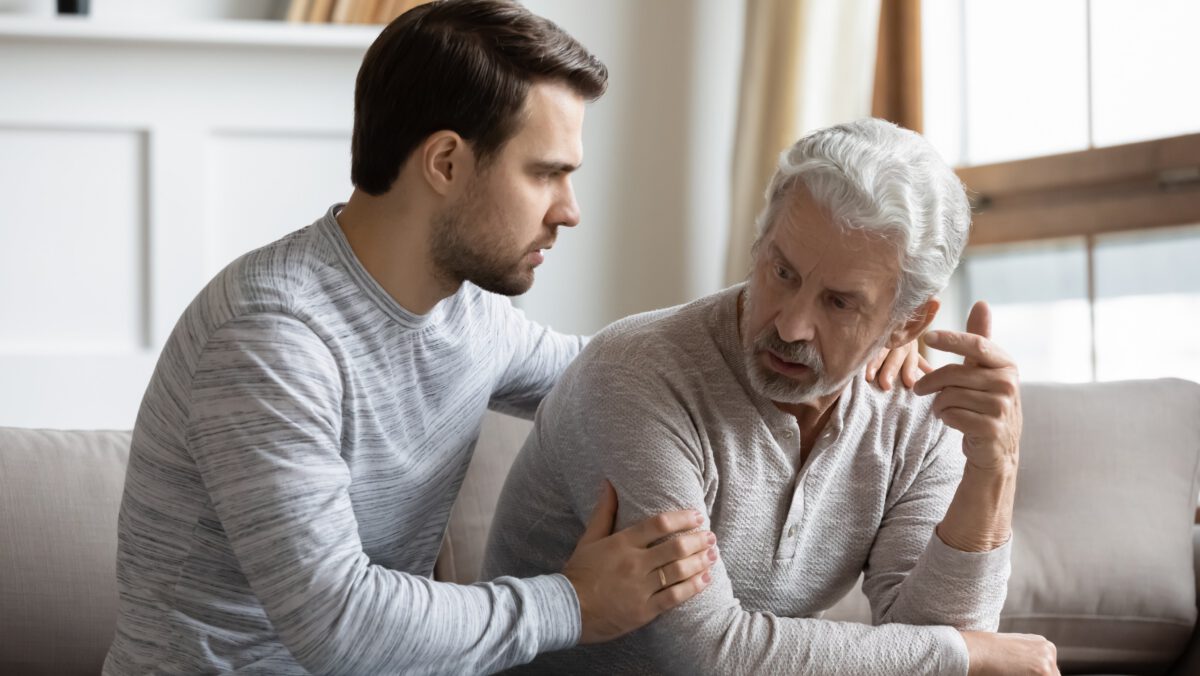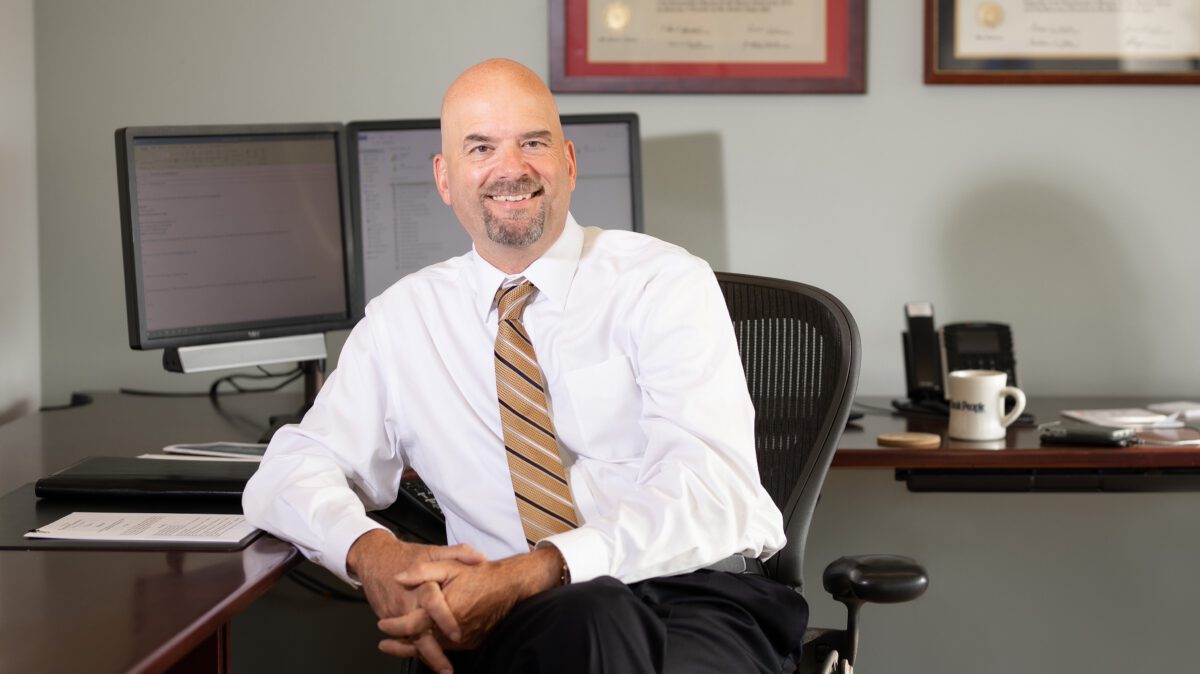Ask Rose
We’re here to help you find what you’re looking for! Please enter a search term below, and use our filters to refine your search.
Call (216) 791-8000What can we help you find?
Filter by Audience
Filter by Type
Filter by Topic

Caregiving for Older Loved Ones through Natural Disasters
For caregivers, preparing for and responding to the aftermath of a natural disaster comes with the additional challenge of protecting the safety and needs of a vulnerable loved one. This challenge can be compounded further by a loved one’s disability or illness. Whether we live in the South and need to prepare for hurricane season and flooding, live in the West and face earthquakes and wildfires, or live in the North and risk snow- and ice-related power outages, it is crucial for us to be proactive when taking care of a loved one during a disaster. A helpful way to stay prepared is by developing an emergency preparedness plan.

Stigma and Working Caregivers: Why Are We Afraid to Talk About Caregiving at Work?
Caring for an older loved one or friend touches many of us. According to the Family Caregiver Alliance, one in six employed Americans report assisting with the care of an older loved one. Moreover, an estimated 10 million millennials are now a part of the caregiver population. So why are we still afraid to talk about caregiving while at work? The answer is stigma.

Helping Older Adults Live Well with Age-Related Vision Loss
Changes in vision are common in older adults. According to statistics from the American Foundation for the Blind, over 6.1 million Americans aged 65 and older experience some form of vision loss. Loss of vision can be overwhelming for a loved one, especially since it can affect many different parts of life from the ability to drive safely to being able to take part in hobbies like reading or doing jigsaw puzzles. However, thanks to improved treatments and assistive devices, there are options we can explore to make it much easier for loved ones to preserve as much of their vision as possible and continue to live safely and independently at home.

Evidence-Based Programs: Why They Matter for Dementia Caregivers
Caregivers for loved ones with dementia are familiar with the effort, dedication and time needed to provide quality care. It’s next to impossible to do on one’s own, yet asking for help and finding resources isn’t always easy. Even though it feels at times like there’s a long list of programs, services and caregiver resources out there, it may still feel like there’s nothing that fits your individual needs at the moment you need it. And even if there is, how can you know the program or service is reliable, high-quality or will even work to help you and your loved one in the first place?

Four Benefits of Intergenerational Programming
With the widespread independent lifestyle of many American families, older loved ones are becoming increasingly separated from their families and other support systems. The COVID-19 pandemic has only increased these challenges. An estimated 27 percent of older adults age 60 years and older live alone in the U.S. and would benefit greatly from social interaction. According to Generations United, a national organization that focuses on intergenerational collaboration, two in three Americans would like to spend more time with others outside of their age group.

Is There an App for That?: Benefits and Challenges of Technology in Caregiving
In a time when technology has touched nearly every aspect of day-to-day life, it often feels as if the solution to any problem is, “There’s an app for that.” When it comes to caring for the older adults in our lives, we are also increasingly directed to technology for solutions.

Breaking Down the Seven Types of Elder Abuse
Caregivers play an important role in protecting not just a loved one’s health, but their overall safety and wellness as well. According to the National Council on Aging, one in 10 Americans age 60 and older are the victims of elder abuse, but only around one in every 24 cases of abuse is reported. In cases when a loved one is unable or even unwilling to report, caregivers may be the person in the best position to get help. However, it can be hard to identify the problem if we are unfamiliar with the types of actions that qualify as abuse.

Participating in Dementia Clinical Trials and Research Studies as a Caregiver
As a dementia caregiver, you’ve most likely seen references to research studies, surveys and clinical trials when researching your loved one’s condition. Whether it’s the World Health Organization’s statistic that 55 million people around the world have dementia or the suggestion that exercise and a healthy diet can lower the risk of developing dementia, most of what we know about the disease comes from rigorous research.

What the RAISE Family Caregivers Act Means for Caregivers
Too often while providing care to our loved ones, we may find ourselves lacking things like services, respite options, financial security, workplace security and education to address the challenges we face every day. To try to address this shortcoming, the Recognize, Assist, Include, Support, & Engage (RAISE) Family Caregivers Act was signed into law in January of 2018 to come up with a national family caregiving plan.

Recognizing the Challenges of Multiple-Duty Caregivers
November is National Caregiving Month. We respectfully take time to honor our professional caregivers. We also recognize our equally important unpaid caregivers. Especially during the ongoing COVID-19 pandemic, we pay tribute to these frontline workers. But what about those people who are double—or even triple—duty caregivers?

Tips for Communicating with Health Care Professionals as a Caregiver
Caregivers for older adults often find themselves needing to play a key role as a communicator and decision-maker during their loved one’s health appointments. However, this role can often be challenging, especially when we are unfamiliar with medical terms, or feel like we shouldn’t burden health care professionals with questions they’ve probably answered a hundred times before.

Sundowning and Dementia: What to do About Late-Day Behaviors
For those with dementia and their caregivers, the late day hours can often be a disorienting, stressful time. When the sun goes down, individuals with dementia may become agitated, restless, confused, irritable and at times even delirious—seeing and hearing things that are not there—to a greater extent than they do early in the day. This symptom of dementia is known as “sundowning” or “Sundowners Syndrome.” For individuals with dementia and their caregivers, it can be a scary, upsetting nightly occurrence.

Planning Ahead for the Approaching Holiday Season as a Caregiver
Holidays often have a special meaning for older adults and their family members. They are occasions set aside to acknowledge the passage of time, celebrate significant events in our lives and bring families and friends to come together. By making the most of these special moments, we can truly value our time together with the ones we love.

Honor Your Mental Health on World Mental Health Day
Sunday, October 10, is World Mental Health Day. Those of us who serve on the staff of the Behavioral Health Services (BHS) department of the Benjamin Rose Institute on Aging demonstrate our dedication and commitment to helping older adults with mental health issues not only on this special day, but every day. Our organization has a long history of service to those older adults who struggle with their mental health. We believe that recognizing the importance of breaking the stigma attached to mental health issues and encouraging all people to take care of themselves, especially their emotional and mental wellbeing, is key to a life well lived.

Communicating a Loved One’s Health and Dementia Behaviors to Children
Finding out that a family member has dementia and providing care for them can be full of both challenges and meaningful moments. It also impacts the whole family. When we add children into the mix, certain situations can get even more difficult to handle. Many of us may be struggling with how to communicate a loved one’s health or dementia-related behaviors to young children, such as a loved one’s grandchildren, especially regarding what to say and how to say it. However, having these important discussions can also be a positive shifting point in our relationships with them.

Creative Arts Programming for Older Adults
Finding meaningful ways to engage with an older loved one can be a challenge, especially during the pandemic. For those looking for an activity to do together with a loved one—whether indoors or outdoors—creative arts may be a good place to start! Helping a loved one get in touch with their creative side can offer many benefits and may be easier to do than we think.

Understanding and Managing Dementia-Related Behavior Changes
A loved one with dementia will experience many changes as the disease progresses. Though dementia is most commonly associated with memory loss, the changes dementia causes to the brain impact more than just memory—personality and behavior can be affected as well. We may feel that a loved one with dementia isn’t “acting like themselves” or that their actions might be “uncharacteristic.” Sometimes this can manifest in small ways, like being less alert than usual, or being more talkative around strangers. Other times, they may say or do something much more difficult to handle, like having an outburst of anger in public or making a sexually inappropriate comment.

Home Health CAHPS FAQs: Understanding the CAHPS Rating
In 2016, CMS added the Star Rating System to the information presented on the Home Health Compare website. This visual element is designed to make it easier for consumers to compare providers, but the methodology behind the Star Ratings can be a little difficult to understand. To help clarify, we’ve developed a list of Frequently Asked Questions to provide answers to some of our most common inquiries.

I Can’t Be the Caregiver Anymore: How to Transition from Your Role
Becoming a caregiver to an older loved one is a big commitment, and like other commitments in life—wedding vows between spouses, the responsibilities of parenting—it can often feel binding. Many of those who become caregivers do so with the intentions of staying in this role until their loved one passes away. However, this is not always possible or realistic.

BRIA Comment for the Alzheimer’s Disease and Related Dementias Task Force, Public Forum
On Thursday, July 15, 2021, Benjamin Rose Institute on Aging President and CEO Orion Bell delivered this testimony at The Alzheimer’s Disease and Related Dementias (ADRD) Task Force Public Forum. The Alzheimer’s Disease and Related Dementias Task Force was established by the Ohio General Assembly to examine the needs of individuals diagnosed with Alzheimer's disease or related dementias, the services available in this state for those individuals, and the ability of health care providers and facilities to meet the individuals' current and future needs. This testimony highlights three important recommendations to the Task Force to address quality of life and care concerns for individuals living with dementia and their family and friend caregivers in Ohio.


